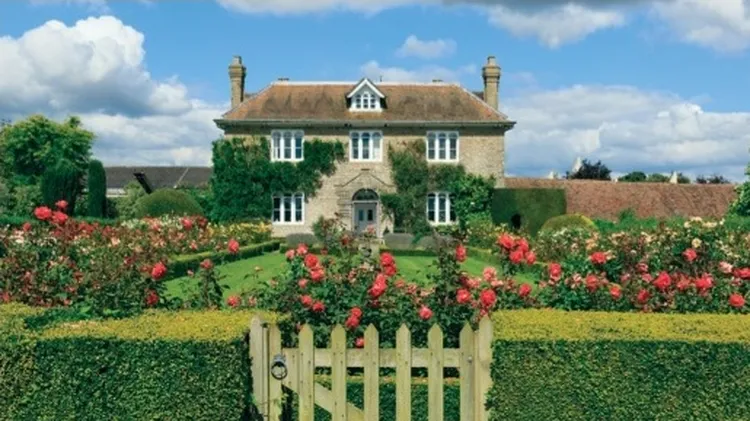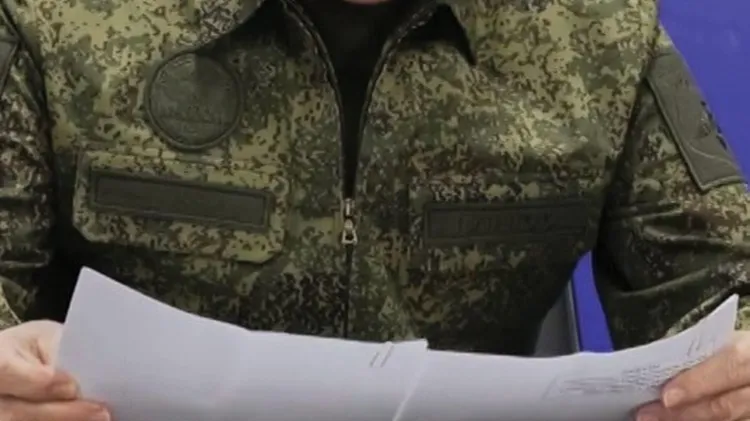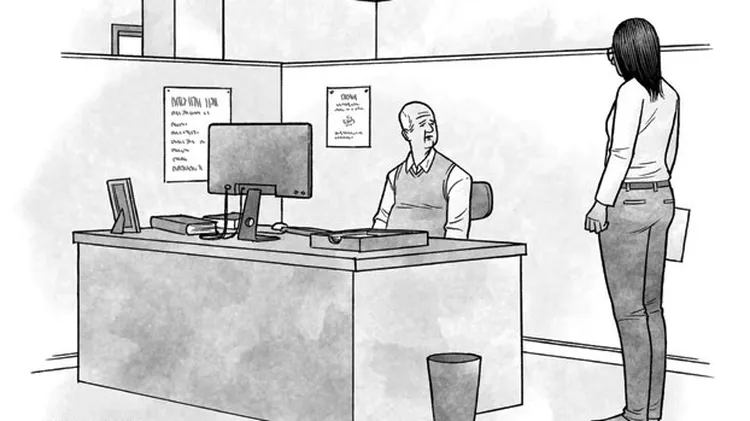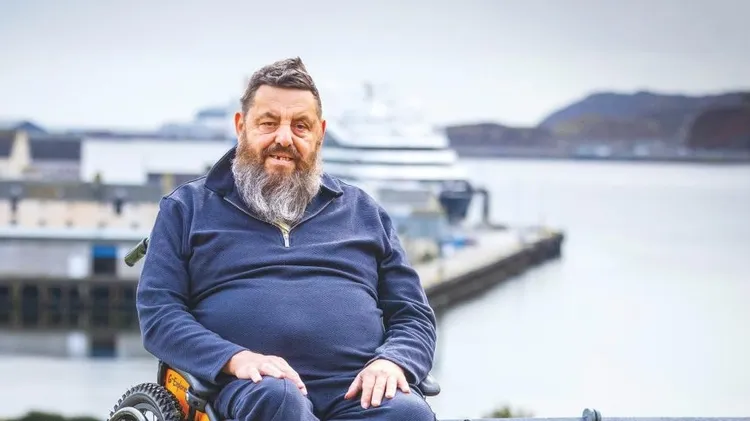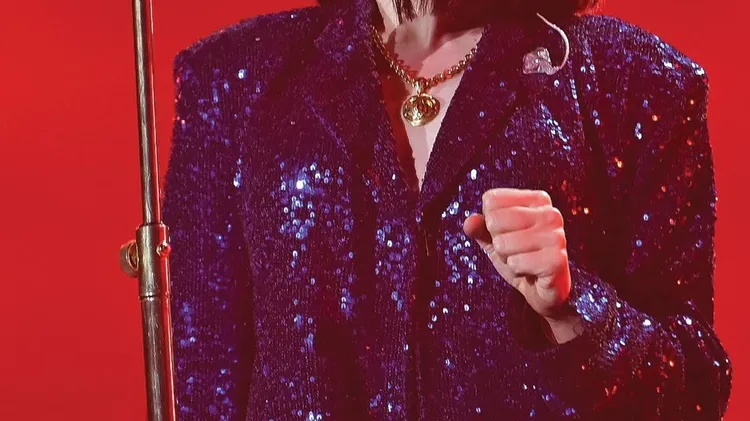The ongoing tension between assisted dying and protecting the most vulnerable has been tightened by poverty
5 min read
This article is from...
Read this article and 8000+ more magazines and newspapers on Readly

